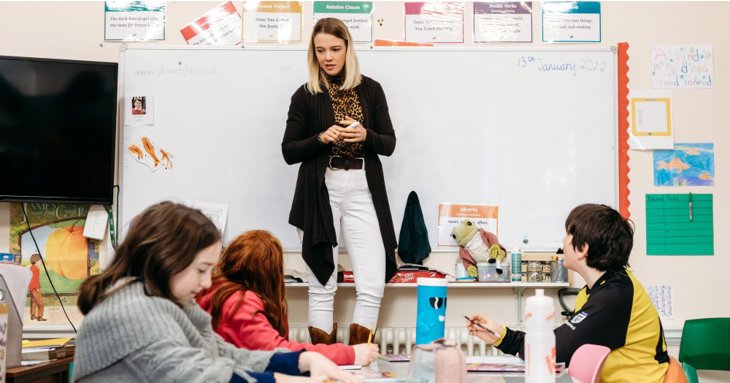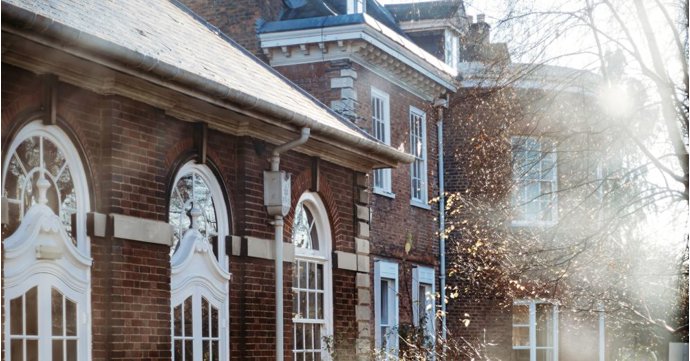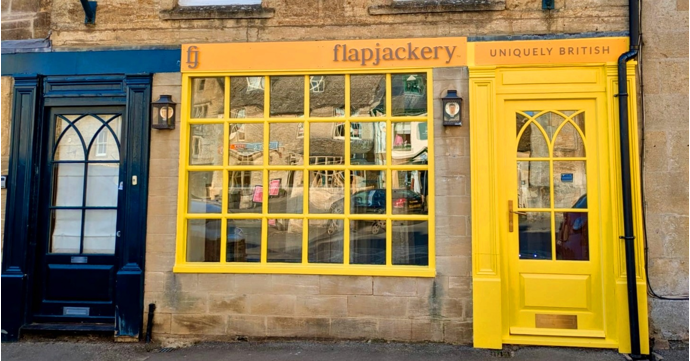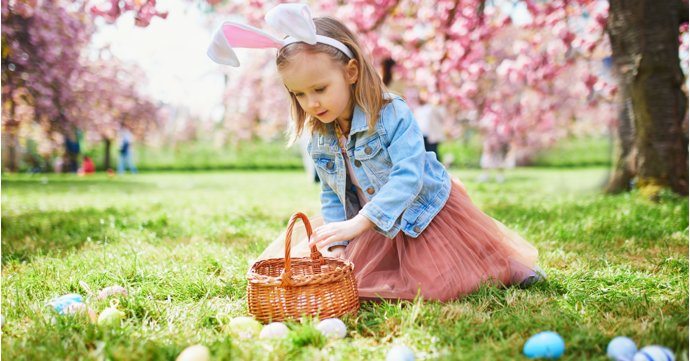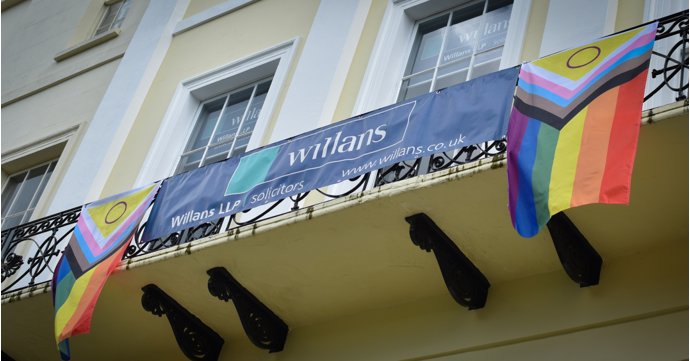Wotton House is an independent school in Gloucester for seven- to 16-year-olds, where experiential learning forms part of the curriculum, with weekly visits to sister campus, The Wilderness Centre, in the Forest of Dean.
SoGlos spoke to head of prep, Emma Edwards, to find out why Wotton House stood out to her, not only for the high proportion of outdoor learning, but in using animals to engage and relax the students, while encouraging them to become citizens of the world.
About the expert – Emma Edwards, head of prep at Wotton House International School
Emma Edwards taught at schools across the south of England before joining Wotton House as head of prep in September 2020, where her forest school training and emotional literacy really comes into its own.
As well as setting up a well-resourced prep department and seeing students flourish without feeling pressured, she is particularly proud of helping the school to embrace the use of animals to allow for ‘brain breaks’ and individual thinking time.
For more information, visit wottonhouseschool.co.uk.
What does your role as head of prep involve?
It is a varied role, involving a lot of teaching and trying to come up with new and exciting ways to put across concepts and ideas.
I think of it as the Heinz 57 varieties – a good teacher needs to be able to approach things from many angles.
I plan schemes of work, assess and report on student progress, liaise with external professionals from many fields of expertise, meet with parents, clean out Simba the class rabbit, organise trips and visits…
No two days are the same and we have an amazing team at Wotton House. Some days, River the pony comes into school with me too – those are always extra-fun days!
Which aspects of Wotton House stand out to you the most?
I love the family feel of our school and how passionate the teaching staff are about their subjects.
My favourite day of the week is a Tuesday, when the Prep have their day at The Wilderness Centre.
I have worked in many other prep schools, but never anywhere with outdoor learning truly embedded in the curriculum every week.
The students can immerse themselves in the natural environment, making their own decisions about improvements we can make to enable wildlife to flourish.
We have planted trees, made bird feeders, gone geocaching and walked miles to compare our site with other wilder locations.
The students get to really enhance our campus, then have several opportunities each year to stay on our residentials.
We make use of the bell tents, as well as the huge house itself. The ancient woodland feels magical and the students love sitting around the campfire after dark, telling stories and recalling fun experiences they have shared.
Last term, we retold our myths – which students wrote as part of our English curriculum – around the fire. It is a lovely way of sharing our work, without putting the students under unnecessary pressure.
How does the Cambridge Primary Curriculum being followed by the prep school differ from the National Curriculum?
In my opinion, it does everything the National Curriculum does, but enriches education with additional subjects such as ‘digital literacy’ and ‘global perspectives’, which teach students about themselves in the wider context of being citizens of the world.
We have learned about keeping healthy and looked at WHO data about health around the world, as well as keeping up to date with data during the pandemic.
We also looked at water usage around the world and considered our ‘water footprints’, even including some students who were based in Texas (via video link) last term, adding an authentically international dimension.
In what ways is the school able to tailor the curriculum to the individual?
We incorporate the passions and interests of our students into the activities we do. For example, to celebrate Mother’s Day this year, we invited the students’ mothers into class for an afternoon tea.
Most of the students made biscuits, but two of the boys are really interested in coding and made a game for their mums to play on their phones – if the mum was successful, they were rewarded with a lovely message!
What are some of the areas that specialist teachers help with?
We have specialist teachers for languages, PE, swimming, judo, digital literacy and music. On Wilderness Days, we plan for occasional use of the instructors for activities such as the crate stack, tree climbing and archery. We also hope to be able to make use of the new shooting range in the near future.
Which extracurricular activities do you enjoy joining in with most?
Everything with the ponies! I manage our new equestrian team alongside an ex-professional show jumper.
Our other prep teacher is an experienced equine therapist; she is fabulous with the students and the ponies and I love getting involved wherever possible.
What is it like having your two daughters attend the school where you teach?
I love being able to share in their learning experiences and see their achievements on a day-to-day basis.
How did you come to appreciate the importance of nature and emotional support in the classroom?
I grew up in rural north Devon and have had a very outdoors-led lifestyle, so appreciate the importance of connecting with the world around us.
I have also completed forest school training, as well as becoming a lead teacher in emotional literacy, which has really cemented my position.
Feeling part of something, being connected and having a feeling of inner peace is the ultimate combination to make learning memorable.
I have had horses since I was a child too, and have always found that time spent outside or with the animals gives opportunity for growth and reflection.
What advice would you offer to someone deciding if Wotton House was the right choice for their child?
Come along and have a look! We have regular Wotton House Discovery Days throughout the year and welcome students on taster days to come along and see for themselves.

In partnership with Wotton House International School | wottonhouseschool.co.uk



